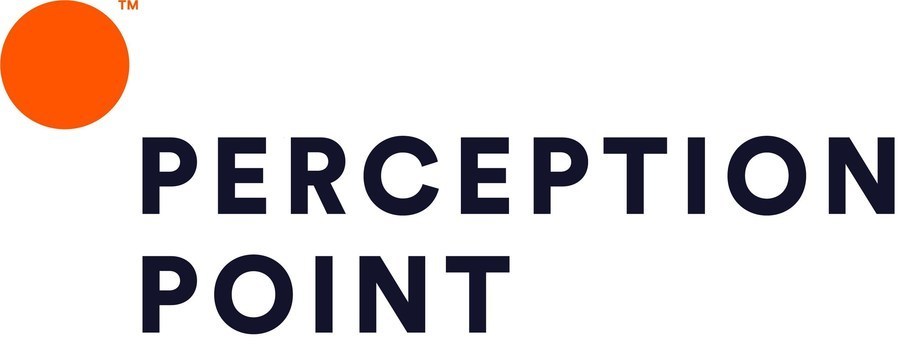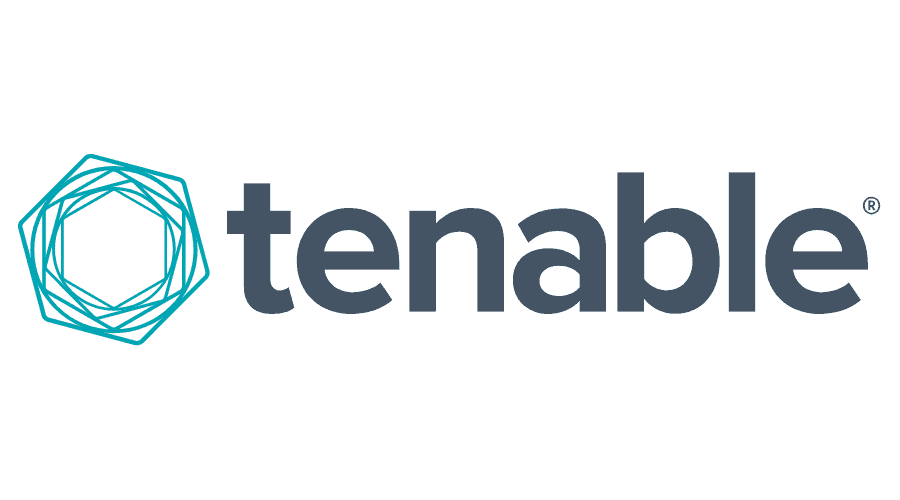Home » WAF
A Web Application Firewall (WAF) enhances your organization’s security by protecting web applications from common vulnerabilities and cyberattacks. Here’s a closer look at how WAFs improve security:
Mitigates Common Attacks: WAFs detect and block malicious requests, protecting against common threats like SQL injection, cross-site scripting (XSS), and cross-site request forgery (CSRF). These attacks aim to exploit vulnerabilities in web applications to access sensitive data or disrupt services.
Improves Compliance: Many compliance standards, such as PCI-DSS, require WAFs to help protect sensitive customer data, especially in industries like finance and healthcare. WAFs help meet these requirements by providing a layer of protection against data breaches.
Protects Against Zero-Day Threats: WAFs provide rule-based filtering and may include adaptive learning, which can help in quickly identifying and blocking unusual traffic patterns, even for unknown (zero-day) threats. This can significantly reduce the risk of newly emerging attacks.
Customizable Rules: WAFs allow you to customize security rules to align with specific application needs and tailor protections based on risk assessments, providing flexibility in managing different levels of threat mitigation.
Logs and Alerts: WAFs provide logging and alerting, which enhances visibility into potential threats by generating logs for security events. These logs can be integrated with your SIEM system, enabling real-time monitoring and faster incident response.
By implementing a WAF, your organization adds a critical layer of security, reducing the likelihood of web-based attacks and helping to protect sensitive data, maintain compliance, and ensure availability of web services.
What Can You Expect?












